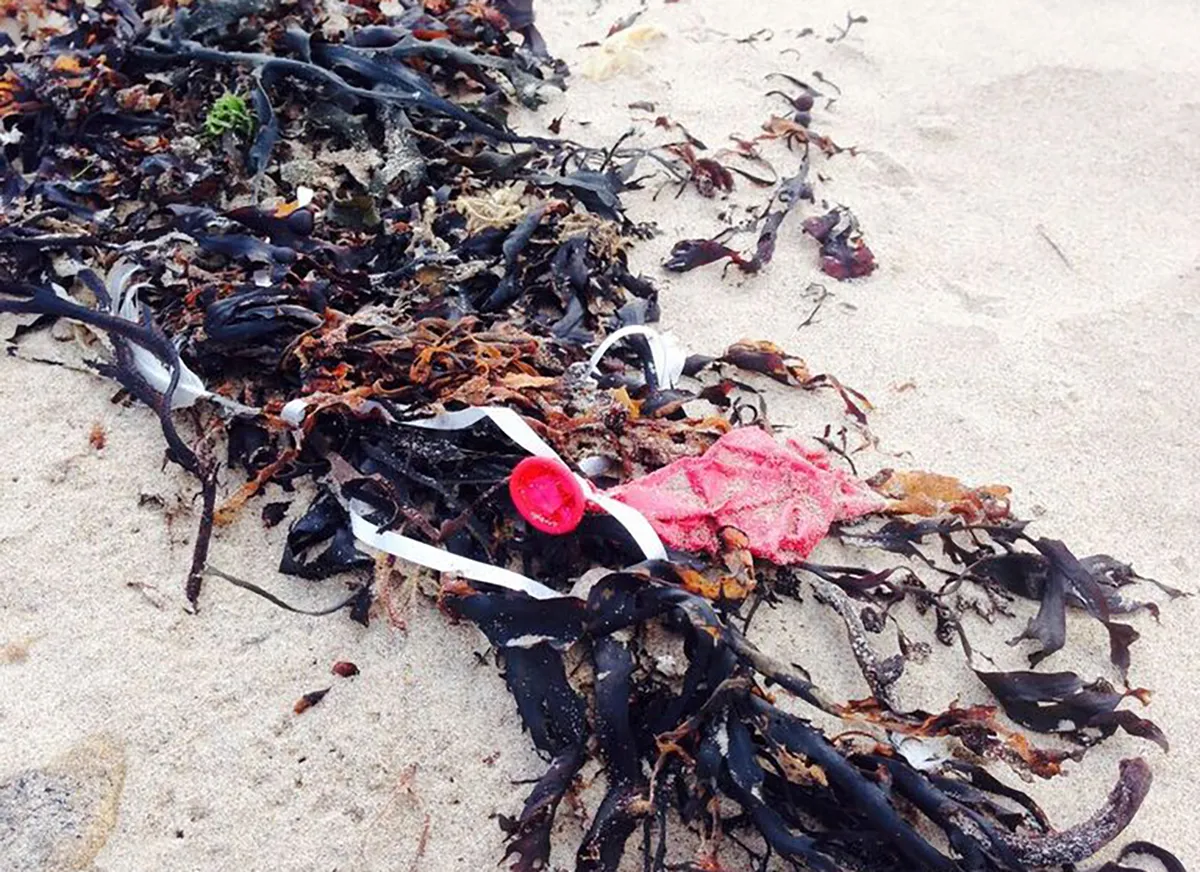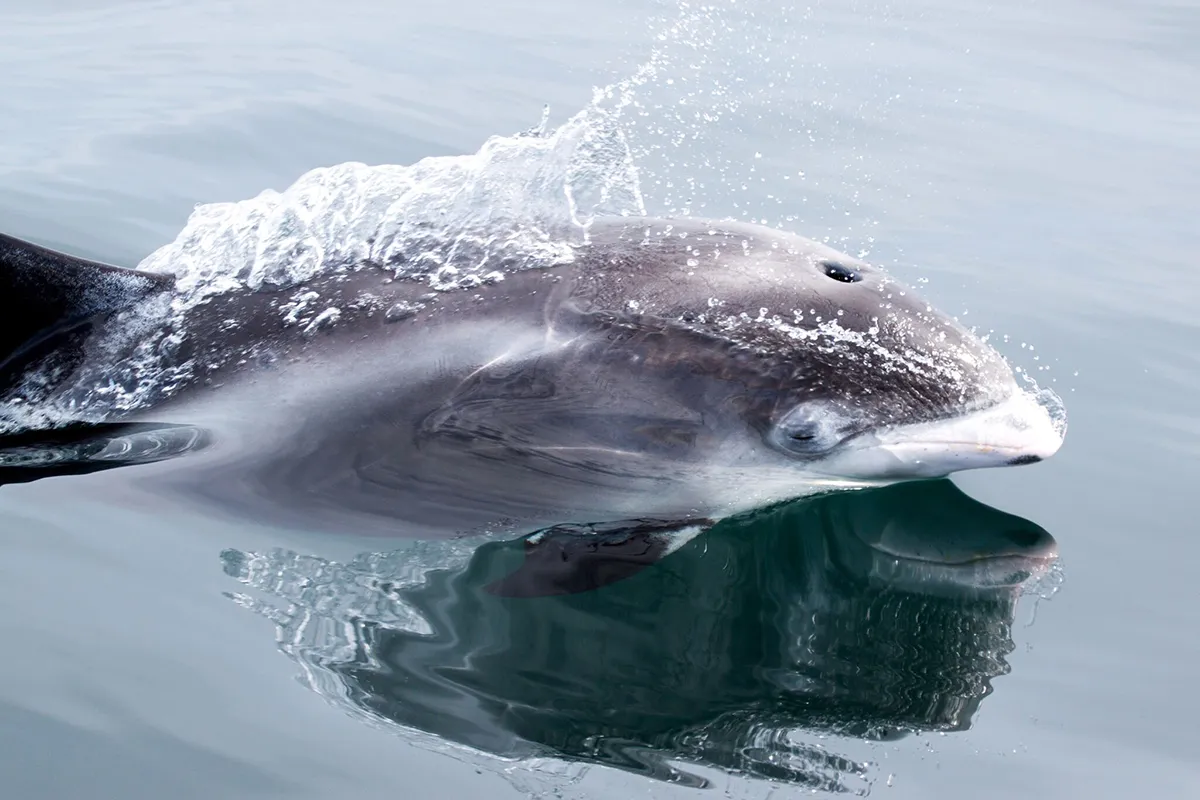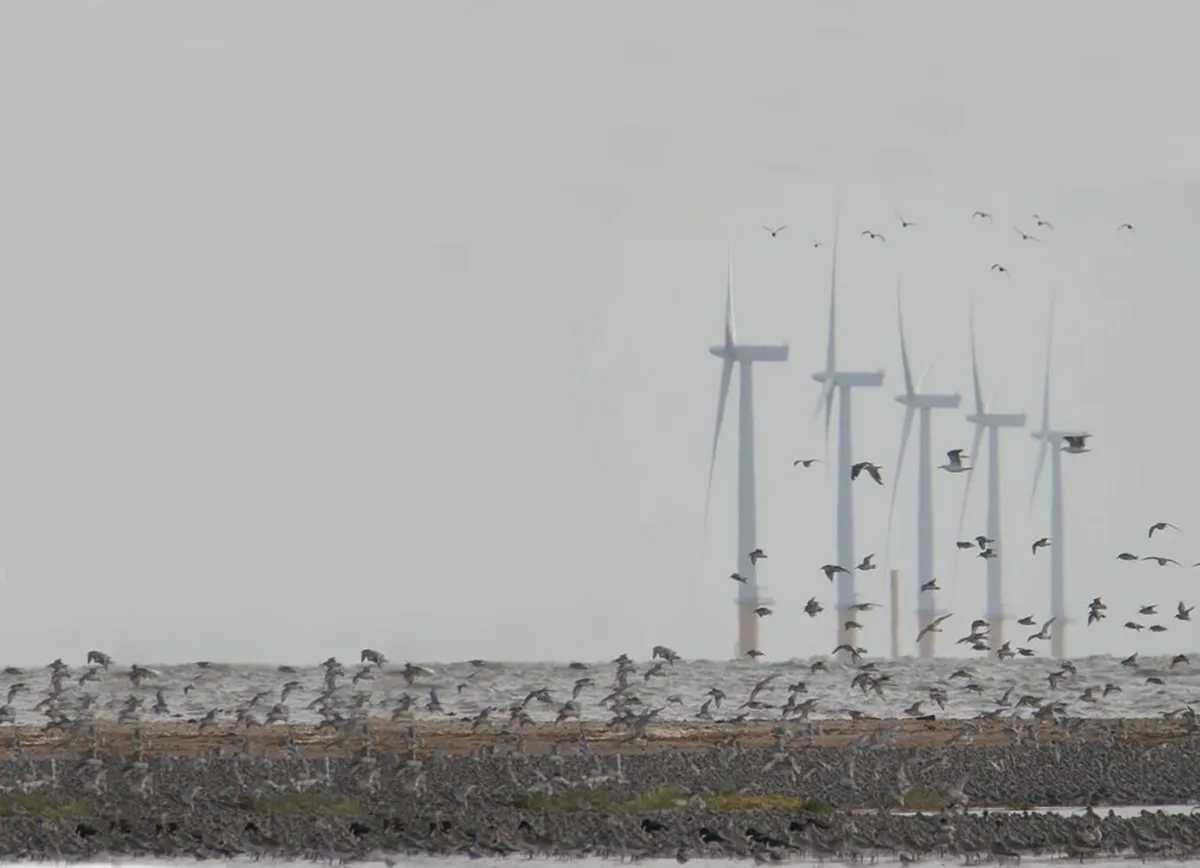The Government must have a clear vision for our marine environment before the UK leaves the European Union, according to a new report by The Wildlife Trusts.
“The natural balance of our seas is at an all-time low and we need a brand-new strategy for the new era that we’re entering which tackles all these threats together – simultaneously,” said Director of Living Seas Joan Edwards.
The way back to Living Seas states that the Government must first work to preserve the existing laws that protect our marine environment and wildlife, as promised in the Withdrawal Bill, before confronting five key challenges.
Five challenges for UK seas
- There are not enough protected wild places at sea – the network should ensure that all varieties of sea-life are provided with equal protection.
- Fishing – recent improvements to the Common Fisheries Policy means fish stocks are beginning to recover, but there are still significant discard issues. Positive progression must be maintained in order to benefit jobs, consumers and wildlife.
- Lack of planning of competing interests – fishing, oilrigs, wind farms and gravel extraction are seriously damaging our already fragile seabeds and the wildlife that lives in them. Plans must be put into action to prioritise space for species to recover, while providing marine industries with areas for development and fishing.
- Severe pollution – sewage, farming chemicals, plastic waste washed out to sea, abandoned fishing nets and noise pollution from the surrounding industries are killing wildlife and having an adverse effect on human health.
- Human behaviour – to successfully tackle these threats, we must raise the public’s awareness and understanding of the issues, in order to encourage change.
“We are witnessing unprecedented pressures on UK seas and their fragile seagrass meadows, reefs and mud plains on which fish, dolphins and whales depend," said Edwards.
"Plastic is in the marine food-chain and is now affecting humans too. Seabird numbers are dropping due to lack of food. More dolphins are being caught in fishing nets than ever and sea bass stocks have declined by 50% in five years.”

According to The Wildlife Trusts, an estimated 12.2 million tonnes of plastic enter our seas every year, building up on the sea floor and harming the balance of aquatic ecosystems. In 2016, 20 British beaches were deemed unsafe for swimming due to severe water pollution.
“Our report shows why we need a new marine management system based on Regional Sea Plans which would allow a new spatial planning programme and achieve global goals for sustainable development. At the heart of this we also need a network of protected areas that represent the full range of marine habitats and species and are well distributed so that fragmented undersea places and wildlife can recover.”

The Wildlife Trusts want to build on recent achievements within Europe to create a healthy and diverse marine environment for future generations.
“Marine industries are essential to meet the challenges of Blue Growth and UK climate change targets," said Chair of Seabed Users Development Group Peter Barham.
"Marine industry is also quite rightly highly regulated to make sure that developments have minimal impact on the environment. We are working with The Wildlife Trusts and decision-making authorities to examine potential impacts and using that information to look for better ways of working. In this way we can meet the needs of both the economy and the environment.”

